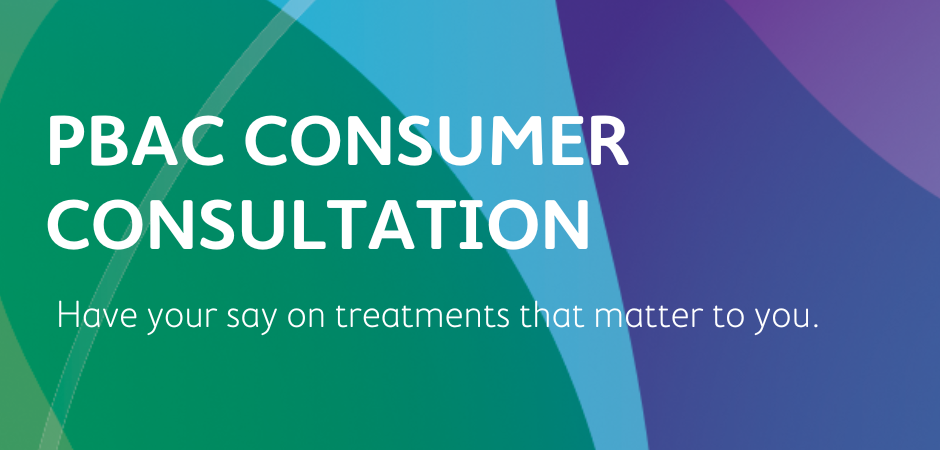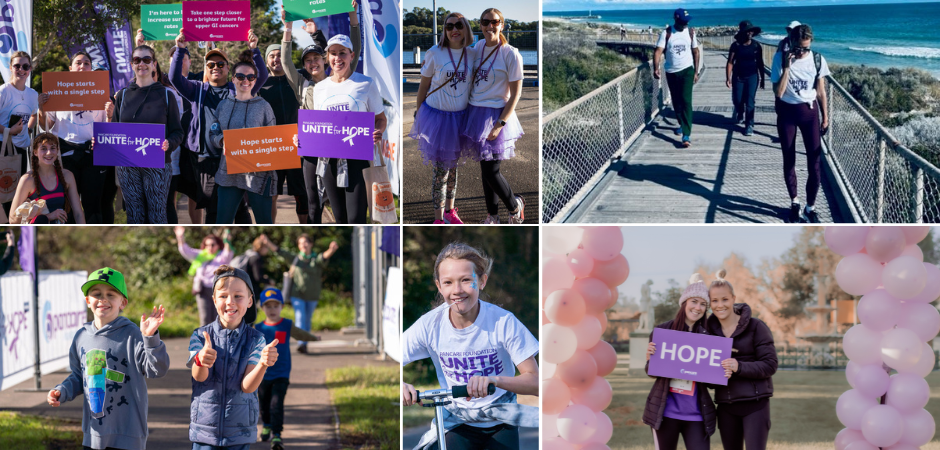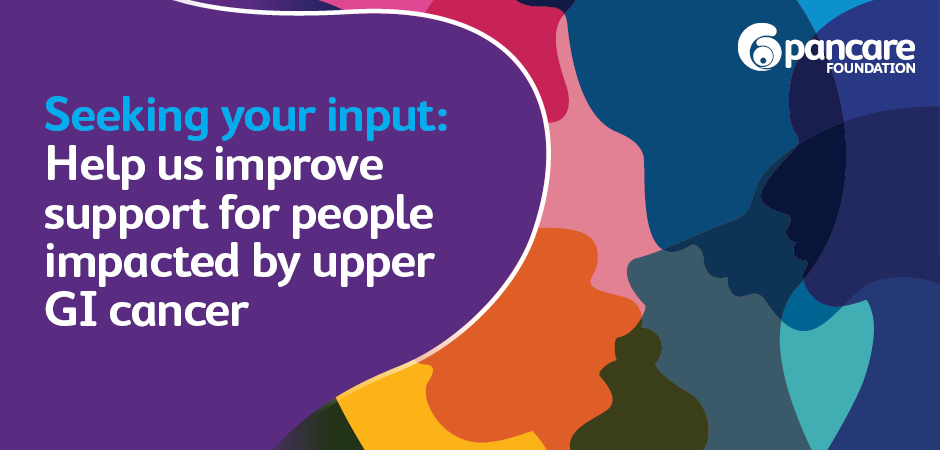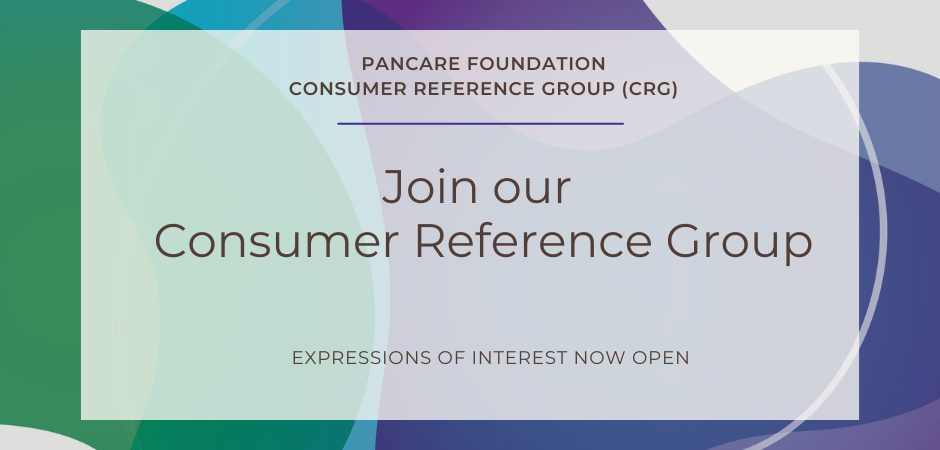Practical tips on how to handle the side effects of chemotherapy
On this page we explore some practical tips for coping with the side effects of chemotherapy treatment. These tips can make it easier to deal with some of the common side effects of chemotherapy treatment.
Your cancer journey may involve undergoing several standard treatments. Depending on what kind of cancer you have and its severity, your doctor may advise you to undergo chemotherapy.
Cancer cells multiply and grow at an abnormally fast rate. Chemotherapy uses different medications orally, or through the blood (IV), to control and kill these fast-multiplying cancer cells. However, in the process, the body’s normal cells that constantly overturn and divide are also affected. Among the cells that are affected are:
- the hair follicle cells and the cells in your nail bed – causing hair loss, pigmented and brittle nails
- the cells that line the mouth and gut – causing mouth or throat ulcers; change in perception of taste; and nausea, diarrhoea, and/or vomiting
- the skin cells – rash
- the bone marrow cells – lowers the white blood cells or lymphocytes (cells that fight off viruses and bacteria for immunity).
Some people also develop an allergic reaction to certain chemotherapeutic drugs, and experience acne and rashes.
Please note, the following tips should not be treated as medical advice or recommendation. Always consult with your doctor or relevant health professional before following/attempting any of the tips and practices that your research uncovers.
Tips on coping with chemotherapy
Before chemotherapy
Talk to your doctor, know your options.
When diagnosed with cancer, chemotherapy may be one of the treatments advised. There are a number of different chemotherapy drugs. Your oncologist will work with a Multidisciplinary Team to discuss your best treatment plan.
It is important to ask your oncologist how the chemotherapy drugs work, what the possible side effects may be on your health and body, how long the treatment will last, how it will affect your work, and if there are any new medical trials available. Your doctor is there to provide you with treatment options. Ultimately, it is you who decides what therapy you want.
Additional reading:
> Questions to ask your oncologist
If hair loss is to be expected, consider cutting hair short or getting a wig fitted.
Once your palliative care specialist or doctor has made you aware of possible side effects, like hair loss, you might consider cutting your hair or having a wig fitted before starting your treatment.
Understand the cost of your treatment before it begins – talk to your community nurse or to a social worker.
Chemotherapy treatment is expensive. While some aspects of treatment will be subsidised by the Pharmaceutical Benefits Scheme (PBS), it is important to understand the cost of your treatment before if begins. Talking to a social worker or to your doctor regarding disability grants, financial assistance in transport and accommodation, access to meals-on-wheels, and other services available can help you and your carers financially through the burden of chemotherapy.
Talk to your employer.
If you’re in paid employment, ask your employer about casual paid sick leave and other government benefits you can claim. Consider asking to work from home or adjusting work hours during chemotherapy cycles.
Get your dental work done.
If you need dental cleaning and there is time, book a dental appointment. It is better to have your teeth cleaned before rather than during chemotherapy. If a major dental procedure is needed, consider postponing it until after your chemotherapy. Make sure you inform your doctor or nurse about concerns and before having any dental check-up or procedure done during chemotherapy.
During/after chemotherapy
Chemotherapy can have some side effects. We have listed these side effect and tips to control these below.
Some chemotherapeutic drugs like Cisplatin have side effects of nausea and vomiting. Here are some tips to help control these side effects:
- Do not skip meals.
- Avoid taking food with cold beverages during mealtimes.
- Keep yourself hydrated with water or flavoured drinks, avoiding carbonated beverages.
- Keep away from spicy, fatty, or fried and saucy food that may be difficult to digest.
- Do brush your teeth or do oral hygiene at least 2 hours after a meal. Practice self-relaxation, use a seaband and similar products, or try other complimentary therapies that help you relax.
- Avoid wearing clothes with tight waist-bands, and rest (but don’t lie flat) after meals.
- If the smells while cooking bother you, cook and freeze meals ahead or avail of services like meals-on-wheels. Accept help from family, friends, and carers.
Food may taste differently: bland, salty, bitter or metallic leaving you with a loss of appetite. Maintaining a diet that is low-fat (<20%), and rich in vegetables, fruits, whole grains, and high plant-based proteins is recommended for healthy nutrition for cancer patients. Some practical tips for handling changes in taste and loss of appetite include:
- Eat in small quantities and frequently; have snacks like crackers and nuts handy through the day.
- Eat food at room – or cold temperature.
- Eat slowly and chew food properly.
- Use a smaller dish or plate to serve your smaller meals.
- Try chewing on gum or ginger lozenges.
- Don’t replace meals with tea and water. If solid meals are intolerable, try a liquid energy-dense diet like Ensure or other hospital-grade milk or supplement powders.
Talk to a dietitian about any nutritional concerns. She/he will help you achieve your dietary requirements.
Some chemotherapeutic drugs can cause inflammation of the mouth lining (mucositits) and lead to ulcers. It develops about 5-10 days from starting with treatment and takes about 3 to 4 weeks to clear up post-treatment. Alkeran/Melphalan or 5-FU (5-fluorouracil) can cause mouth ulcers.
A good tip is to bring a bottle of iced water and take it with you to sip with a straw to prevent mouth ulcer. Take it by mouth for 5 minutes before treatment until about 30 minutes after the treatment ends. Other practical tips are to:
- Use a soft toothbrush to brush teeth twice a day for 90 seconds. Floss daily, but gently to avoid causing injury or bleeding to your gums.
- Avoid alcohol-based mouthwashes. Instead, use this home-made mouthwash to rinse up to 4 times daily: 1/4 tsp baking soda + 1/8 tsp salt in 1 cup warm or room-temperature water.
- Clean and remove dentures after every meal, morning and evening.
- Avoid smoking, drinking alcoholic beverages, and eating spicy, sour, salty, or acidic foods (oranges, lemons, etc.)
- Avoid dry, and rough food. Instead chew on gum, ice chips, and flavoured ice blocks.
- Use petroleum-based lip balm to keep your lips soft.
- Keep well-hydrated with fluids; eat chilled watermelon.
- Ask your doctor about artificial saliva or saliva substitutes, and other medications that can help ease your sores.
- Inform your medical provider of persistence of dry mouth and presence of ulcers.
Chemotherapy can irritate your gut’s lining or nerve supply, producing either constipation (e.g. in vinca-alkaloids) or diarrhoea. For example, painkillers used in conjunction with drugs in chemotherapy (e.g. Morphine) is notorious for causing constipation. Here are some tips to handle these side-effects:
- When experiencing diarrhoea, replace lost fluids. Maintain hydration by drinking small but frequently and use oral rehydrating tablets/powder when needed.
- Do not use antidiarrheal drugs unless prescribed by your doctor. If you have more than 3 watery stools in 24 hours, or if your excrement is mixed with blood, contact your doctor immediately.
- If you have any constipation, it is best to tell your carer, nurse, or doctor. The doctor can adjust your medications or prescribe you laxatives or stool softeners.
- Eat plenty of fresh fruits and vegetables. Unless the doctor limits your water intake, aim to keep hydrated by drinking 8-10 glasses of water a day.
- If diarrhoea or constipation is leaving your anus sore and chaffed (broken skin), ask your nurse or doctor about an appropriate moisturising creams.
Fatigue is the most common and distressing side effect of cancer and cancer treatment. Click here to read more about the how-to on handling cancer-related fatigue.
Use of steroids prescribed to assist with nausea will make you more alert at nighttime, leading to sleeplessness.
Treatment can often damage the peripheral nerves, found in your fingers and toes, leading to peripheral neuropathy. Often described as a burning or tingling sensation, along with numbness and muscle cramps, it not only causes discomfort and pain but can also lead to high risk of falls, mobility concerns and difficulty driving.
Along with medication, you may find the following helpful to relieve symptoms:
- exercises for your fingers and toes
- foot care including wearing appropriate footwear
- ensuring your environment is as uncluttered as possible
- caution with mobility and activities of daily living
- mindful living.
Skin problems like acne and rashes can be an expected side effect or an allergic reaction to a chemotherapy drug you’re given. It is best to be informed about what warning signs to look out for. Contact your nurse/doctor immediately if the acne/rash is severe or is accompanied with difficulty of breathing, fever, and nausea and/or vomiting.
- Your doctor can prescribe you moisturisers or anti-itch medications and creams to help with inflammation, soreness, or itching.
- Hair loss is one of the visible side-effects that negatively impacts a person’s self-esteem. It usually occurs 3-4 weeks post-treatment. All bodily hair may be affected, leaving your scalp sensitive or dry. If you have not made arrangements to cut your hair or trim it down yet, you can opt to do so. Avoid harsh hair products and use a soft hairbrush. Apply a prescribed skin cream for itching/dryness. Also, consider wearing a hat, scarf/turban, a wig, or go for the bald-look. Wear a cotton, breathable cap (Look Good Feel Good) when sleeping, to assist with heat loss as a high percentage of heat is lost through your head. There is no right or wrong way to deal with hair loss – do what is suited for the occasion. Most importantly, do what is comfortable for you.
- Nail discolouration, cuticle dryness and itching, and nail dryness/brittleness are some of the effects of drugs on your nails. Keep proper body hygiene and use moisturizers on cuticles and nails. Use a cuticle trimmer or let a proper podiatrist handle this job. Marks on nails eventually grow out, you can opt to cover them with non-drying nail varnish.
Battling cancer in itself will often leave you feeling depressed. Handling hair loss, fatigue, and other side effects of chemotherapy may likewise add to or create a state of depression for you. Talk to a mentor/counsellor, family member, friend, or to a carer, doctor, or nurse about feelings of worthlessness, loneliness, or feelings of hopelessness. Find out more on our emotional support pages.
Other important practical tips
- Maintain proper hand hygiene by washing hands properly (duration tip: sing and finish the Happy Birthday song) before meals, after every toilet use, or after using public facilities.
- Avoid exposure to people with cough and colds.
- Report any signs of fever.
- Each person’s body is unique and each person’s response to the drugs used in chemotherapy is different. You might have some or maybe all of the side-effects of chemotherapy. Being informed about practical tips and how-to’s can help yourself or a mate coping through chemotherapy and its common side effects.

